
Minimalism isn’t just about having less; it’s about doing more, both with your money and your life.
A minimalist examines what they truly want versus what a consumerist society tells them to want. In this way they determine what’s most important to them, and begin to spend intentionally rather than on autopilot.
You don’t have to become a diehard minimalist overnight, or ever. But adopting a few minimalist habits can help simplify your life and define your financial goals. Once you do, you’ll likely notice “extra” money in your account each month.
What should you do with all that money? Anything you like! Although we’d suggest paying particular attention to goals such as paying down credit card debt, establishing a healthy emergency fund and creating a long-term financial plan.
The following tactics could help you understand some of your own money habits better — especially the unconscious, self-sabotaging ones.
1. They have less stuff
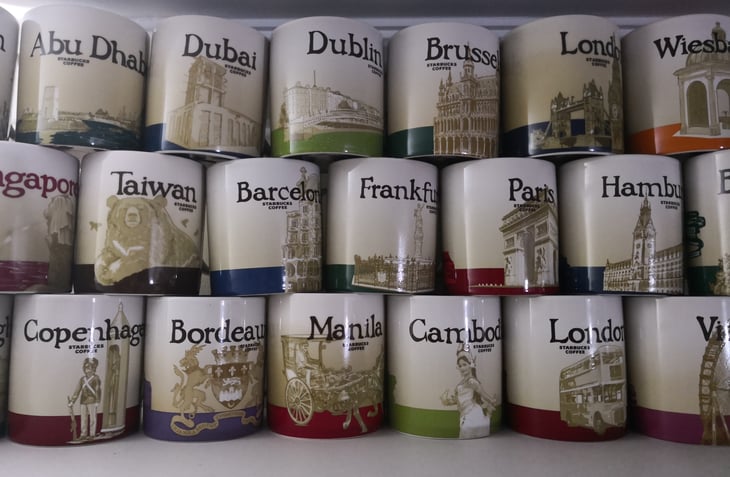
Some hardcore minimalists set a specific goal: “I will own no more than 100 items.” You can tailor that to your needs, e.g., your set of dishes is considered to be one item but each shirt is counted separately.
Not everyone can be that disciplined. Not everyone wants to. Instead, try thinking about how many extra items you have. For example, lots of folks swear by their air fryers and Instant Pots. While these appliances have their advantages, ask yourself whether you’d really use them all that much or whether you’d mostly default to your black iron skillet and slow cooker?
Another good example: entertainment. Looking at all the games, books and DVDs you’ve been hanging on to, ask yourself how many actually get re-used – and ask yourself why you keep buying new ones? Instead, you could get those things from the library and/or entertain yourself through streaming services (some of them free).
2. They dwell in smaller spaces
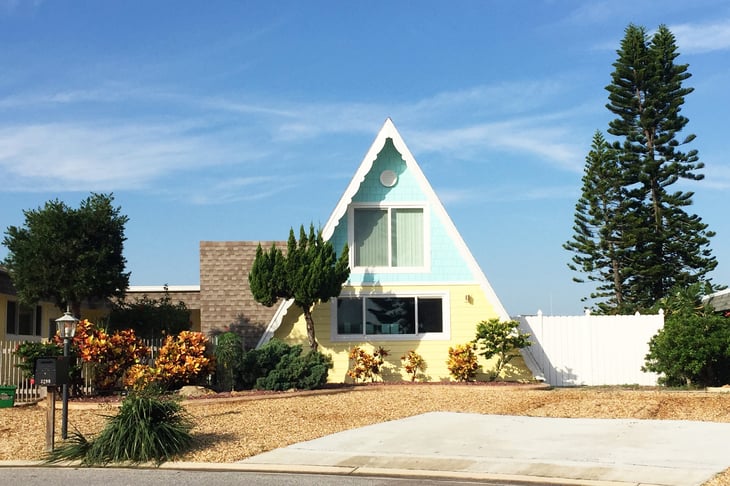
Not every minimalist lives in a tiny house. But the less stuff you have, the less space you’ll need to store it — so why go for a five-bedroom house, three-bathroom house? This cuts down on housing costs, and not just as regards the initial purchase.
Minimalists wind up spending less (maybe a lot less) on property taxes, utilities, furnishings/decor, homeowners insurance and upkeep (e.g., it’s cheaper to paint a small house than a huge one). Hiring a housecleaner should cost less, since it takes fewer hours to tidy a smaller, uncluttered home.
Again: You don’t have to live in a pup tent. But do you really need a McMansion?
3. They ditch single-use items
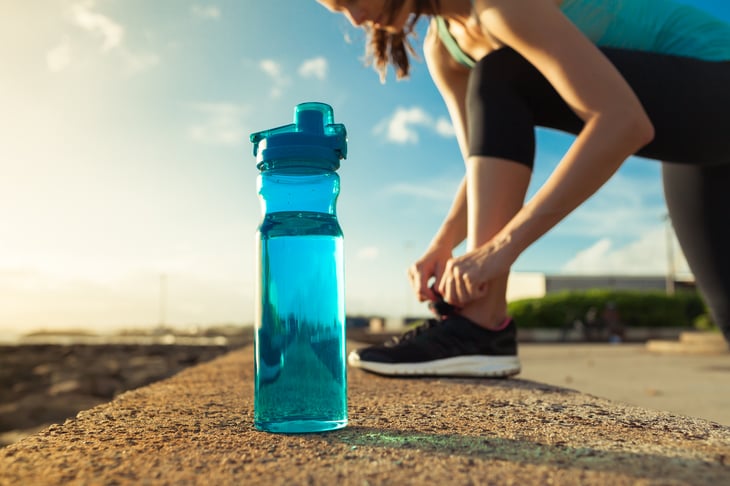
You won’t see minimalists hauling home flats of bottled water from Costco. Instead, they buy refillable water bottles and drink water from the tap (using a filter if necessary). You might be shocked at the budget boost once you get your own bottle and filter; you’ll also create a lot less trash.
If you’re a coffee person, look into metal filters or refillable K-cup pods; for tea, get an infuser instead of buying teabags. Invest in a safety razor (or a retro straight-edge), instead of buying and tossing plastic razors. Look around your house, list the things you use once and toss, and then look for alternatives.
4. They rent/borrow rather than buy

Should they need a power washer or a log splitter, they put the word out that they’d like to borrow one. If no relative or friend can help, minimalists will rent what they need. That way, there’s no need to deal with upkeep or storage.
Instead of buying a ton of specialized tools in the first flush of homeownership, look for alternatives. A website called Local Tools offers info on tool-lending libraries around the country. Or maybe someone you know owns what you need and would be willing to share.
That goes for things other than tools, incidentally. Look for a Buy Nothing Facebook group in your area to find housewares, clothing, furniture, toys and more — and all for free.
5. They lean toward experiences, not stuff

Don’t buy stuff – do stuff. That’s the credo of many minimalists, who find more joy in doing than in contributing to runaway consumerism.
Besides, you don’t have to dust an experience, or find room for it in your home.
A study from the University of Texas at Austin indicates that “people derive more happiness from their experiences from their possessions.” Other studies show that happier people have fewer health problems — another big boost to the bottom line, as well as to your quality of life.
6. They give everything a home
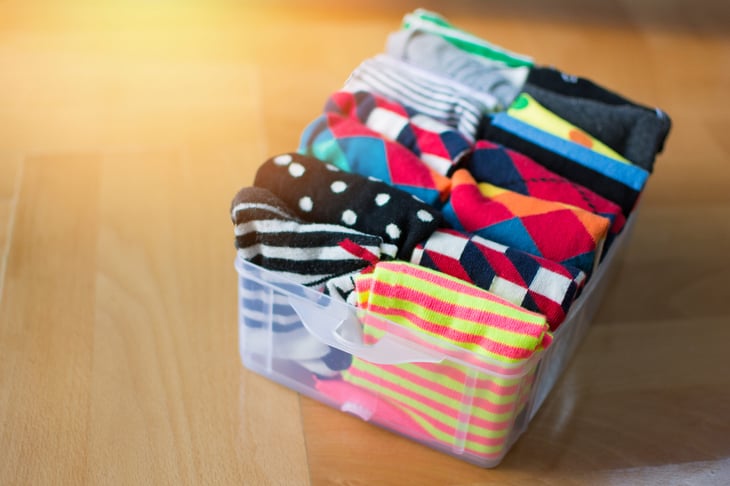
Now, where is that socket wrench set? Honey, have you seen my gardening gloves? Gosh, I could have sworn I bought a copy of “Latest Bestseller,” but I better get another one before the book club meeting at the end of the month.
Minimalists don’t have these problems. They have less stuff, and very specific places for the stuff they do have. Be honest: How often do you search fruitlessly for small items (nail clippers) or larger ones (those socket wrenches), then wind up buying a replacement?
That’s a waste of your money and your time. Keeping tools in the tool area, gardening gloves with gardening supplies and books on the bookshelf may sound a bit obvious, but it works.
7. They use the “one in, one out” rule
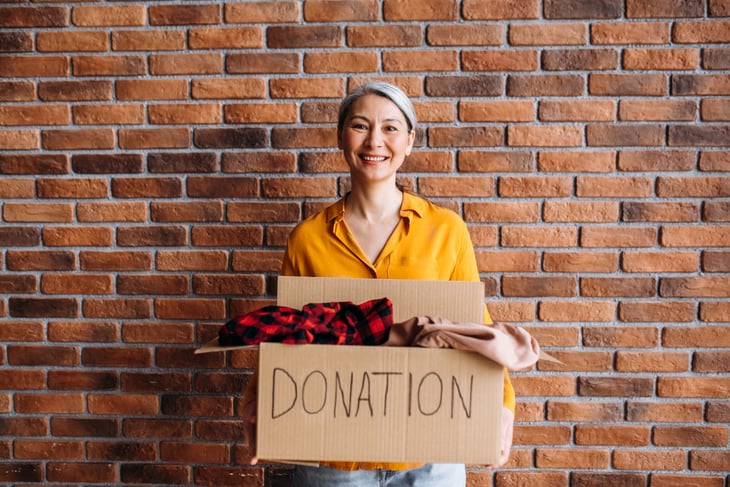
Minimalists don’t let stuff pile up. When they acquire something new, through purchase or gifting, they often make the decision to get rid of something else. A 95-year-old woman we know is even more hardcore: Every time she brings home something new (or receives something as a gift), two things have to go. She’s been doing this for several years, and it sure helps tame the clutter.
No one’s saying you can’t have nice things. But when we have too many things, we often need more things to help organize/store all those things. It’s easy to drop hundreds on these solutions.
Instead of buying closet organizers, shelving or cabinets — or, heaven forbid, renting a storage unit — consider some form of the one in/one out rule. Decide what you can live without, then put these items out on Buy Nothing, donate to charity, regift them to others, or sell them.
